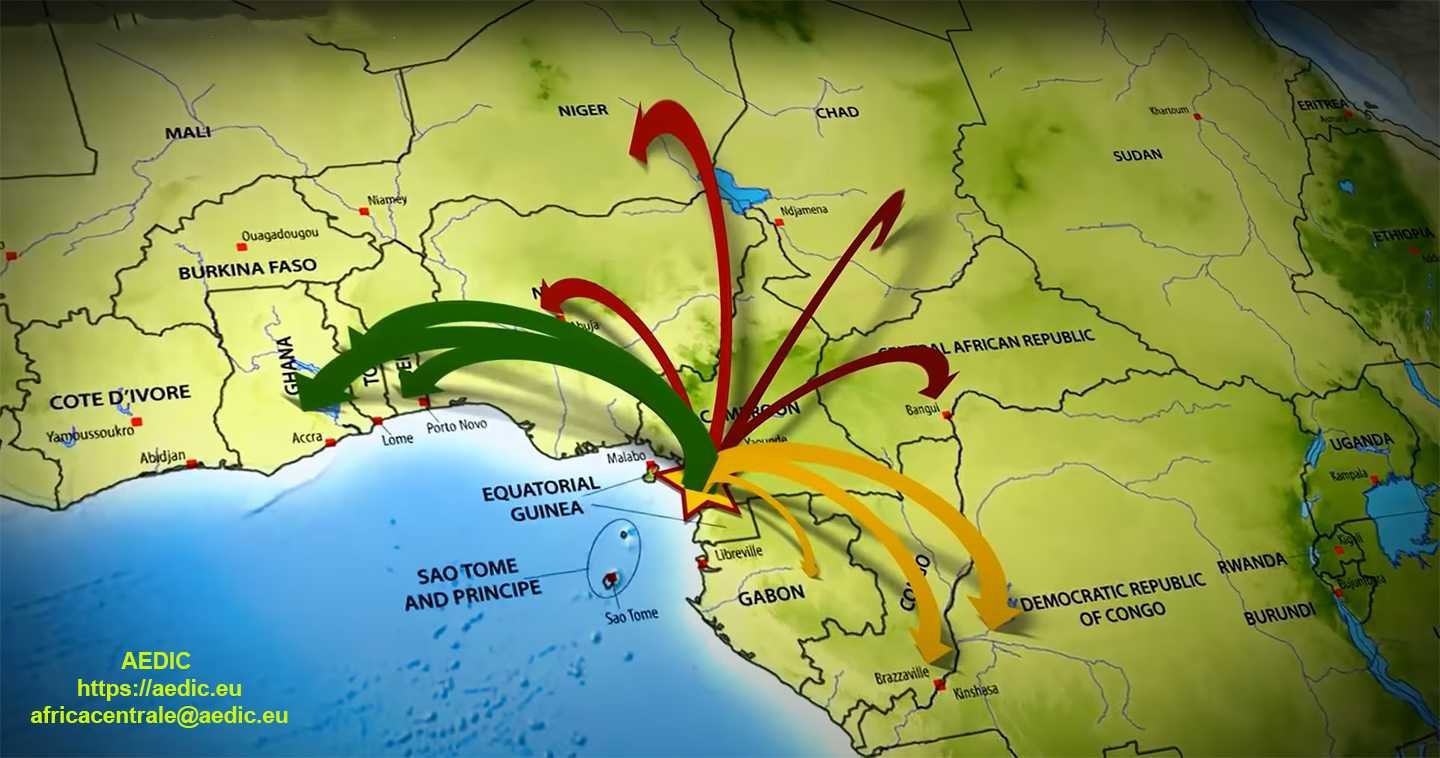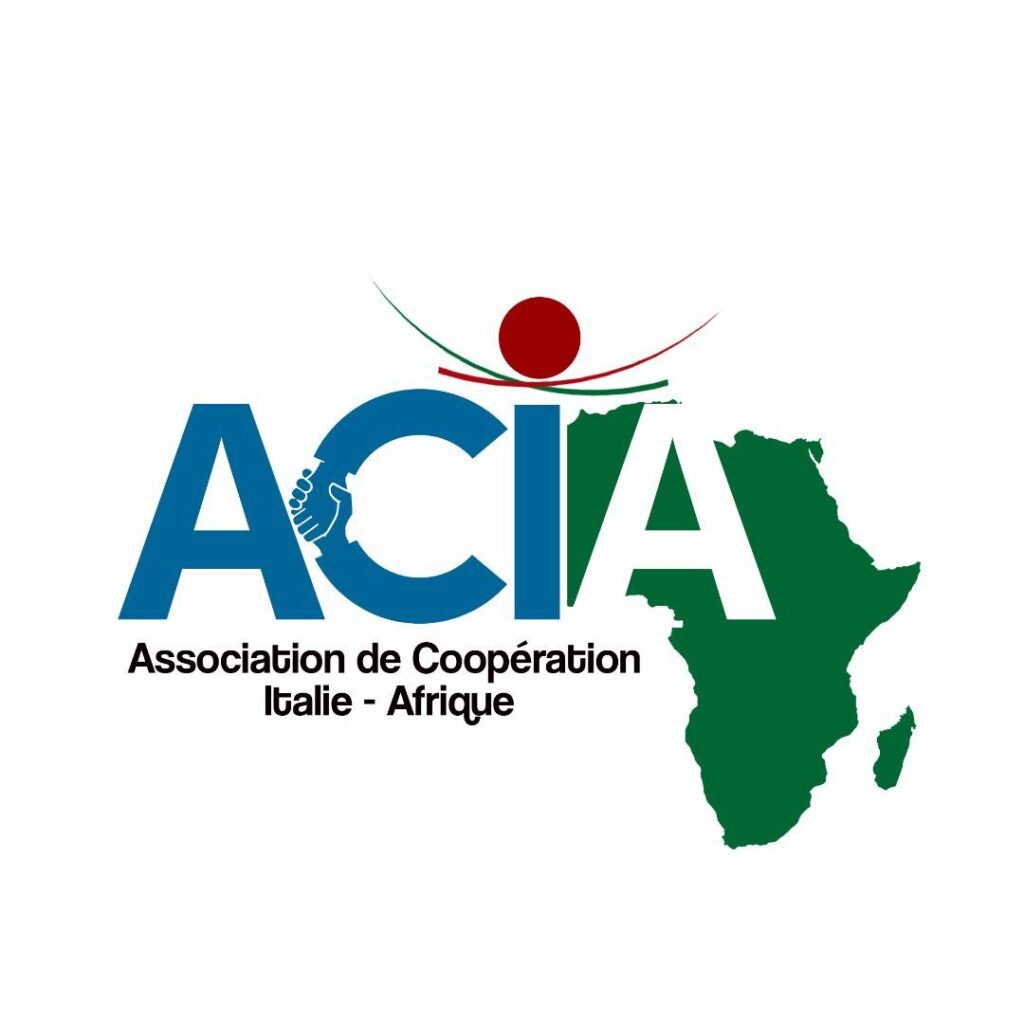But what are the advantages of a Greenfield investment?
Certainly among the advantages of greenfield investments we can safely say that they give investors more control than investing in an existing local business, as well as the opportunity to form marketing partnerships and avoid intermediation costs.
Greenfield projects are an excellent way to make foreign direct investments (FDI) and are often used to expand in emerging markets.
They usually involve a parent company setting up a subsidiary in the foreign country. Coca-Cola and Starbucks are examples of multinationals that have made numerous greenfield investments all over the world.
When Greenfield investments matter
The investment Greenfield is an alternative to foreign portfolio investment in which an individual or a company simply buys the shares or bonds of an existing company. It is also an alternative to investing brownfield in which an investor acquires an existing business or production facility.
Investors undertake greenfield projects when there are no acquisition opportunities in the target market, or when market research shows that there is little local competition in a particular line of business.
KEY POINTS
- A greenfield project gives the investor full control on investments foreign direct.
- This control includes the freedom to set prices and establish a marketing strategy.
- Greenfields also avoid the need for intermediaries and in some countries can even receive tax breaks like in Kribi.
A means of greater control
A greenfield company provides the investor with control over the business in a number of ways that he would probably not have if he simply invested in an existing local company. One is to establish a global strategy, for example, by determining what type of product or service will be sold and then setting production rates and the pace of expansion in the target market.
For example, the investor can decide whether he wants to start a small-scale activity and gradually increase his presence or prepare for a large-scale launch of its products. It would normally not have such freedom of action if it were to invest in an existing local enterprise.
Investments greenfield allow easier and more effective adaptation to the foreign market. The investor can adapt both products and prices to local conditions and has more control over insurance of product quality. Having complete ownership of a subsidiary allows the investor to extend offers to customers or potential customers, as discounts or guarantees, as market circumstances dictate.
Other benefits
A local presence can also facilitate the adaptation of advertising and marketing efforts to the local market environment and the formation of partnerships with local companies to increase market penetration.
It also allows the investor to almost completely avoid the cost of using intermediaries such as credit institutions or other investors. Depending on the economic policies of the country, companies may also benefit from government tax incentives aimed at attracting foreign investment.
The flip side of the coin
Greenfield investments are one of the riskiest forms of FDI. Some countries ban FDI altogether in certain politically sensitive sectors.
But even where it is allowed, there can be high barriers to entry, such as 'local content requirements' that require foreign companies to use domestically manufactured components or domestically provided services to doing business.
Greenfield projects usually have high fixed costs because they often involve building structures from scratch (hence the term).
They are also more vulnerable to political risk because it is more difficult to divest from a wholly owned production plant, for example, than to sell a passive portfolio investment in a local company.
Opportunities to invest in green field projects in Africa
Investing in greenfield projects in Africa represents a strategic opportunity for international investors, especially in a global context increasingly oriented towards sustainability and renewable energy.
Greenfield Investment Growth
In recent years, the African continent has seen a significant increase in greenfield investments, with a 39% increase in the number of announced projects, reaching 766 in 2022. These projects, involving the creation of new activities from scratch, offer the opportunity to develop modern and sustainable infrastructures, thus responding to a growing demand for renewable energy and eco-friendly services.
Key Sectors for Investment
The most promising sectors for greenfield investment in Africa include:
- Renewable Energies: The energy sector has seen a boom, with investments rising from USD 24 billion in 2021 to USD 120 billion in 2022. Projects such as wind and solar farms are becoming increasingly common, helping to meet the growing demand for clean energy.
- Infrastructure and Construction: With a significant increase in investment in the construction sector, opportunities to develop modern infrastructure are expanding. This is crucial to sustain economic growth and improve the quality of life in local communities.
- Manufacturing and Services: In addition to renewable energy, greenfield projects are also expanding in the manufacturing and service sectors, contributing to the economic diversification of the continent.
Advantages of Greenfield Investments
Investing in greenfield projects offers several advantages:
- Environmental Sustainability: These projects can be designed with a focus on sustainability, reducing environmental impact and contributing to sustainable development goals.
- Growing Market: Demand for renewable energy and sustainable solutions is set to grow, ensuring a stable market for future investments.
- Local Economic Impact: Greenfield projects not only create jobs, but also stimulate the local economy, bringing long-term benefits to communities.
Risks and Challenges
Despite the opportunities, investors must consider certain risks and challenges:
- Regulatory Obstacles: Regulations can vary significantly between different African countries, making it necessary to carefully analyse the legal environment before investing.
- Inadequate Infrastructure: Many African countries face infrastructural challenges that may hinder project implementation.
- Economic Variability: Fluctuations in commodity prices can affect the profitability of investments, especially in traditional sectors such as oil.
Investing in greenfield projects in Africa represents an extraordinary opportunity for investors wishing to contribute to long-term, sustainable development. With careful planning and risk assessment, investors can not only achieve financial returns, but also have a positive impact on the environment and local communities.
How African government policies affect greenfield investment
Government policies in Africa have a significant impact on greenfield investments on the continent. Here are some of the main factors to consider:
Political and Regulatory Stability
Political stability and legal certainty are key to attracting greenfield investment. Countries with stable governments and consistent policies tend to attract more foreign investment than those with political instability and frequent regulatory changes.
Tax Incentives and Reductions
Many African countries offer tax incentives to attract greenfield investments, such as corporate tax relief, customs exemptions for the import of machinery and raw materials, and special economic zones with favourable tax regimes.
Investment Protection
Government policies must guarantee the protection of foreign investments, ensuring repatriation of profits, dispute resolution and protection of intellectual property. Countries with laws that protect investors tend to attract more capital.
Infrastructure Development
Public investments in infrastructure such as transport, energy and telecommunications facilitate greenfield investments, reducing production costs and improving competitiveness.
Human Capital Formation
Policies to improve the education and skills of the local workforce make countries more attractive for greenfield investments, which require skilled labour.
Access to Credit
Measures to develop the financial system and facilitate access to credit for companies, especially SMEs, favour greenfield investments. In summary, stable policies, tax incentives, investment protection, infrastructure development, human capital training and access to credit are all key factors that African governments can use to attract and retain greenfield investments.
Managing risk in Africa calmly and professionally
For every economic breakthrough, AEDIC offers the opportunity to enter in a safe harbourwith tax and concession advantages, and low cost of specialised labour, centrally located in AFRICA.
When you have decided to act, we provide you with all the essential risk management tools throughout the investment lifecycle.
Aedic with its consultants has the ability to get you in and take position where the industrial city of Kribi in central Africa.
Watch this video to better understand what we are talking about.
Managing risk in Africa calmly and professionally
Thanks to important institutional recognitions and collaborations with port agencies, for your economic breakthrough in Africa, AEDIC offers the opportunity to enter a safe harbour, with tax benefits and tax relief for 10 years, concessions and low cost of highly educated skilled labour in position central in AFRICA.
When you have decided to act, we provide you with all the essential risk management tools throughout the investment lifecycle.

Aedic with its consultants has the opportunity to bring you into Central Africa and take a position where the industrial city of Kribi will be built.
what do you want to do now?
if you wish to get in touch with us to develop your business opportunity in Africa, please fill in the form below and one of our consultants will contact you within 24 hours






